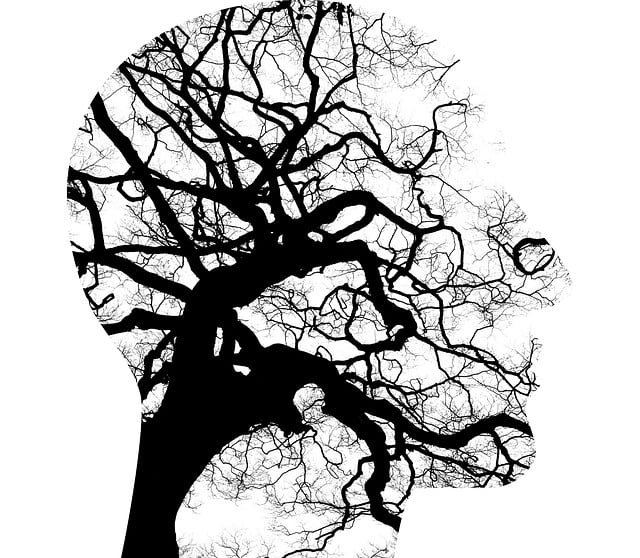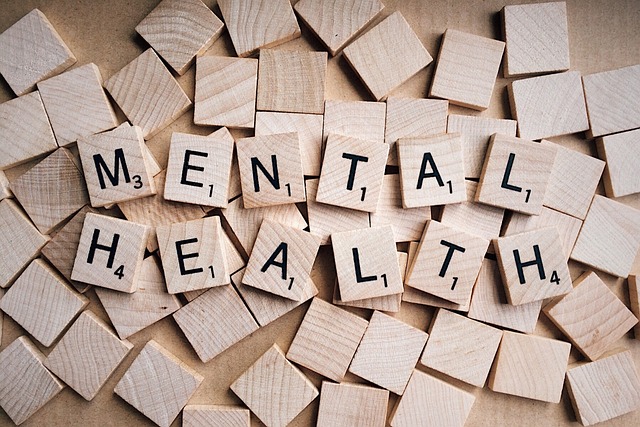Parker Depression Therapy offers 24/7 crisis support through its hotline, providing immediate assistance, active listening, and tailored resources for emotional distress and suicidal thoughts. Their evidence-based strategies stabilize clients, prevent risks, and promote safety, fostering resilience and effective risk management. Accessible online or via local community resources, these hotlines are vital for immediate mental health support, breaking down stigma and empowering individuals towards recovery. Combining crisis intervention with holistic care, Parker Depression Therapy addresses misconceptions and call volume issues, offering confidential spaces for expression and expert advice based on compassion cultivation and positive thinking. Future services aim to integrate innovative approaches for enhanced effectiveness tailored to individual experiences and cultural contexts.
Mental health crisis hotline support services play a vital role in providing immediate assistance during times of distress. In this article, we explore the significance of these hotlines, focusing on how Parker Depression Therapy offers specialized crisis support. We’ll delve into accessing and utilizing these services effectively, while addressing common challenges and misconceptions. Additionally, we’ll discuss the impact and future directions for crisis intervention services, emphasizing the role of professionals like Parker Depression Therapy in fostering better mental health outcomes.
- Understanding Mental Health Crisis Hotlines
- The Role of Parker Depression Therapy in Crisis Support
- How to Access and Utilize These Services Effectively
- Common Challenges and Misconceptions About Crisis Hotlines
- Impact and Future Directions for Crisis Intervention Services
Understanding Mental Health Crisis Hotlines

Mental Health Crisis Hotlines serve as vital resources for individuals grappling with intense emotional distress or suicidal thoughts. These 24/7 services provide immediate support, offering a safe space to vent and receive guidance during pivotal moments of vulnerability. Trained professionals on the other end of the line offer active listening, crisis intervention, and valuable resources tailored to each caller’s unique situation, be it acute depression, anxiety attacks, or post-traumatic stress disorder (PTSD).
Parker Depression Therapy recognizes the significance of these hotlines in complementing traditional mental health treatments. By integrating hotline support into comprehensive care plans, therapists empower clients with coping strategies for managing crises and fostering resilience. Moreover, understanding the role of crisis hotlines encourages individuals to prioritize self-care routines for better mental health and, when necessary, develop risk management plans with professional guidance.
The Role of Parker Depression Therapy in Crisis Support

Parker Depression Therapy plays a pivotal role in providing crisis support services, offering a lifeline for individuals grappling with mental health emergencies. Their expertise lies in swiftly deploying evidence-based strategies to stabilize and assess clients during acute distress. By prioritizing immediate intervention, they aim to mitigate risks and prevent escalations, ensuring safety and promoting recovery.
Through their specialized training, therapists at Parker Depression Therapy employ empathy building strategies tailored to each individual’s unique experience. They foster an environment of non-judgment, encouraging open communication. This supportive approach not only helps in de-escalating crises but also contributes significantly to mental wellness by fostering resilience and reducing the stigma associated with mental illness.
How to Access and Utilize These Services Effectively

Accessing mental health crisis hotline support services can be a life-saving step for many individuals struggling with their psychological well-being. To begin, it’s essential to recognize that these hotlines are designed for immediate assistance and are typically free of charge. You can easily find them online or through local community resources. Many countries have dedicated national crisis lines, while some communities offer regional or specialized services like the Parker Depression Therapy hotline.
To utilize these services effectively, be prepared with clear thoughts about your current mental state and any specific issues you’re facing. Describe your feelings honestly but try to avoid using extreme language. The trained professionals on the other end are there to help, and they excel at fostering positive thinking while offering valuable guidance tailored to your unique situation. Cultural sensitivity in mental healthcare practice is paramount; be open to discussing any cultural or ethnic considerations that might impact your experience. Boosting confidence through these interactions can also provide new perspectives and tools to cope with challenges. Remember, seeking support is a sign of strength, and many individuals have successfully navigated their mental health journeys by accessing the right resources.
Common Challenges and Misconceptions About Crisis Hotlines

Crisis hotlines are a vital resource for individuals facing mental health crises, offering immediate support and guidance. However, they often face several challenges that can hinder their effectiveness. One common misconception is that hotlines primarily cater to people with severe, acute conditions. In reality, these services are designed to assist anyone experiencing distress, from panic attacks and anxiety to suicidal ideation and depression. Many individuals hesitate to call due to concerns about being judged or misdiagnosed, which is a significant barrier to access.
Another challenge is the volume of calls, which can overwhelm hotline staff. This issue underscores the need for comprehensive mental health support systems, including on-site interventions and aftercare planning. For instance, Parker Depression Therapy offers not just crisis hotline services but also focuses on depression prevention, self-esteem improvement, and risk management planning for mental health professionals to ensure a more holistic approach to addressing mental health challenges.
Impact and Future Directions for Crisis Intervention Services

The impact of mental health crisis hotline support services is profound, offering immediate relief and long-term guidance during moments of intense emotional distress. These hotlines have become a vital safety net for individuals grappling with depression, anxiety, and other mental health challenges, providing a confidential space to express their struggles and receive expert advice. Services like Parker Depression Therapy exemplify this trend, focusing on evidence-based practices such as compassion cultivation and positive thinking to empower individuals during crisis intervention.
Looking ahead, future directions for crisis intervention services involve integrating innovative therapeutic approaches, including social skills training, to address the multifaceted needs of those in mental health crises. By combining traditional counseling with modern techniques that foster connection and resilience, these hotlines aim to enhance their effectiveness and accessibility, ensuring that support is tailored to individual experiences and cultural contexts. This evolution reflects a commitment to providing holistic care and fostering a more supportive societal environment for mental well-being.
Mental health crisis hotline support services play a vital role in providing immediate assistance and guiding individuals toward long-term well-being. As demonstrated by Parker Depression Therapy’s contributions, these resources offer a confidential and accessible avenue for those in distress. By understanding how to effectively access and utilize these services, we can overcome common misconceptions and challenges, ensuring that crisis hotlines continue to serve as valuable tools in the realm of mental health care. This strategic approach will help foster a more supportive and resilient society, ultimately enhancing the impact of crisis intervention services.














